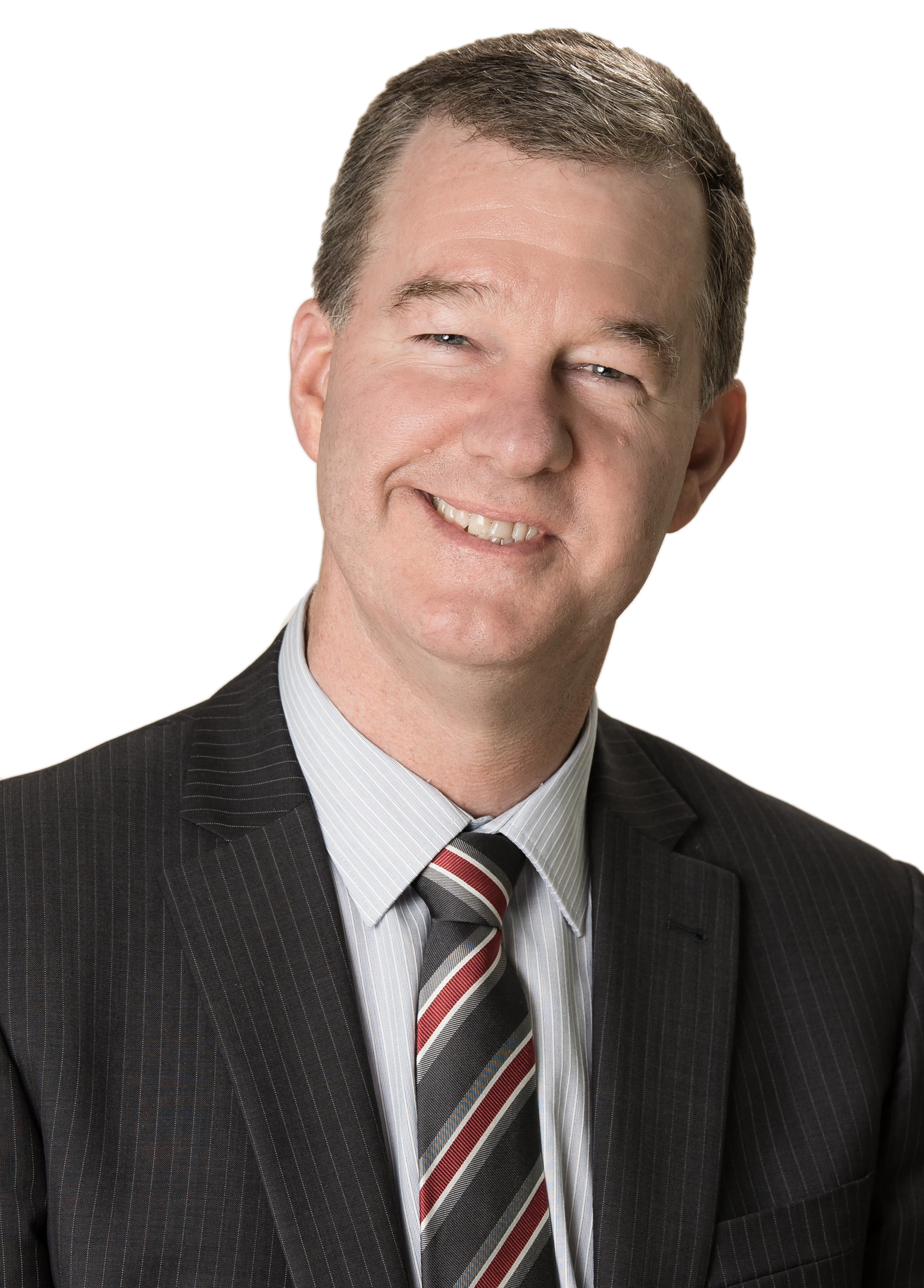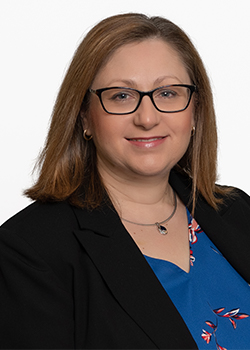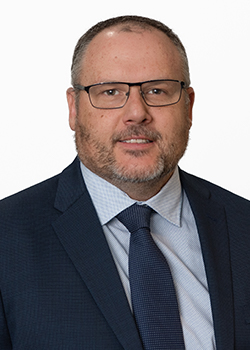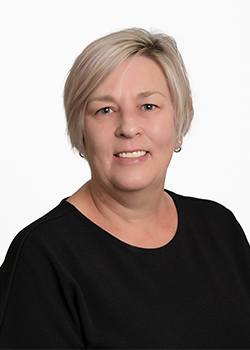A 20-year investment growth story

No doubt, many investors at the time were probably anticipating a mediocre year ahead.
Yet, seven months later, the Australian share market had not only recovered all its 2018 fourth-quarter losses, but breached its all-time peak set back in November 2007.
And, while ongoing geopolitical tensions and economic fears, overshadowed by the US-China trade war, have continued to rattle global financial markets through 2019, it's been a relatively solid investment year.
The message from us at Vanguard to investors, as always, has been to tune out from the daily market noise, and to remain disciplined and diversified, irrespective of shorter-term volatility.
Many investor portfolios are well ahead on where they started 12 months ago. In fact, just about every major asset class barring cash has delivered strong year-to-date returns.
Driving that has been an insatiable hunt for yield. With interest rates at record lows, investors globally have been searching for investments generating higher returns. Concurrently, investors seeking a degree of safety have diverted capital into the more defensive asset classes such as bonds.
That's driven huge capital inflows into shares, listed property and fixed income assets. In turn, that demand has driven strong price appreciation across global financial markets.
Strong double-digit returns
Those with broad exposures to Australian, US and international shares, and to Australian and international listed property, have achieved double-digit 12-month returns. Even bonds have returned close to 10 per cent so far this year.
You can see the relative returns of a range of different asset classes over the year, and all the way back to 1970, by accessing and bookmarking the Vanguard Interactive Index Chart.
Of course, past performance is never an indicator of future performance. The best and worst performing asset classes will often vary from one year to the next.
Australian listed property was the best-performing asset class return in the financial year to 30 June, 2019, delivering 19.3 per cent. But, in 2018, the best performer was US shares, and the financial year before it was hedged international shares.
In fact, the last example of the same asset class delivering the best returns in two consecutive years was more than a decade ago, back in 2008 and 2009, when hedged international bonds returned 8.6 per cent and 11.5 per cent respectively.
Taking a longer-term look
Although shorter-term returns analysis can be somewhat useful, it's only when one does a much longer examination of investment trends that a more meaningful picture emerges.
This year marks two decades since the turn of the century, so it's an opportune time to capture almost a full 20 years of investment returns across eight different asset classes.
The chart data below goes up to the end of October (the latest chart data available) – which is broadly in line with total returns through to the middle of December.

You can replicate the same data through our Index Chart. Using a base investment figure of $10,000, and assuming all distributions are fully reinvested, the first broad observation is that investors have achieved consistent growth over time.
As expected, returns across different asset classes over the last 20 years have varied. Most notably, the 2007 to 2009 period shows the sharp deterioration in asset values stemming from the 2007 US subprime crisis that precipitated the global financial crisis. After reaching an all-time high in November 2007, the Australian share market dropped 54 per cent over the 14 months to February 2009 before starting its long-term recovery run that finally saw the S&P/ASX 200 Index surpass its previous record in July this year.
Over the past 20 years the ASX has returned more than 8 per cent per annum, turning a hypothetical $10,000 investment made in January 2000 into just over $49,000. That's a 390 per cent return, excluding any fees, expenses and taxes.
A $10,000 investment into international listed property over the same time frame would have returned 10.2 per cent per annum and be worth more than $68,000, using the same assumptions as above. That equates to a 580 per cent total return. Investors in any of the major asset classes would have done well over the past 20 years, and obviously those with investments across multiple asset classes would have achieved the smoothest returns.
But you didn't need '2020 vision' back in the year 2000 to know that total asset class returns would increase over time. It's a basic rule of compounding that when investment returns are reinvested over a long period that the value of a portfolio also will increase.
You can replicate this same pattern over other periods of time. Having a regular investment contributions strategy will amplify returns, in the same way as compulsory and voluntary superannuation contributions add to members' account balances in accumulation phase.
The importance of diversification
Heading into 2020, financial markets most likely will remain decidedly jittery. A US-China trade truce still appears distant, and escalating trade and cross-border tax issues between the US and other countries will add to markets pressure.
Asset class returns will vary, as they always do, depending on these and other catalysts.
As can be gleaned from the index chart, especially from a longer-term perspective, spreading your money across a range of investments is one of the best ways to reduce your exposure to market risk.
This way you are not relying on the returns of a single asset class.
Ways to diversify are:
- Include exposure to different asset classes, like shares, fixed interest and property.
- Hold a spread of investments within an asset class, like different countries, industries and companies.
- Invest in a number of funds managed by different fund managers. For example, consider blending active with index managers.
The right mix of asset classes or investments for you will depend on your goals, time frame and tolerance for risk.
If you don't use one already, consider seeing a professional financial adviser to help you determine the optimal asset allocation for your individual needs.
Tony Kaye
Personal Finance Writer Vanguard Australia
09 December 2019
vanguardinvestments.com.au







